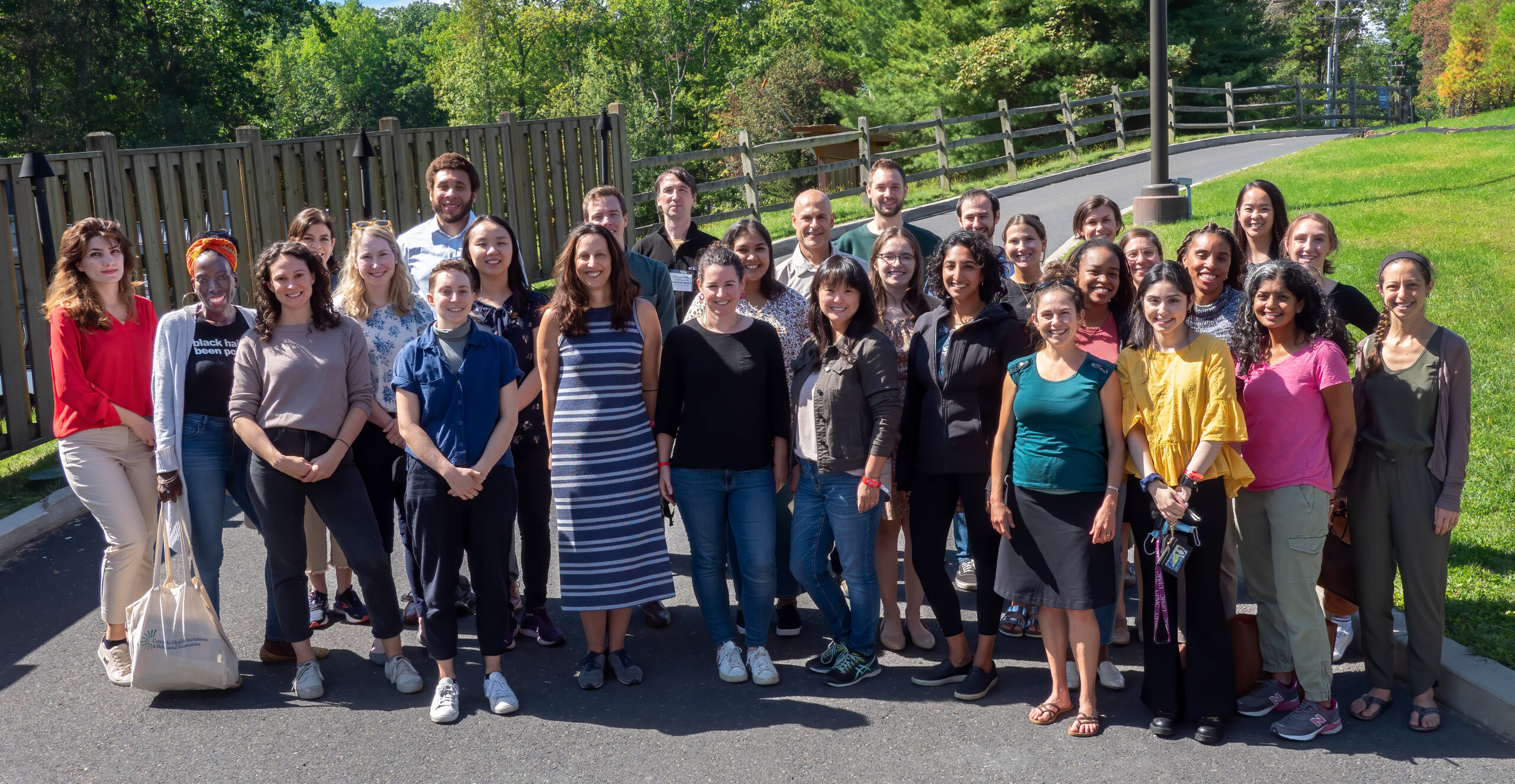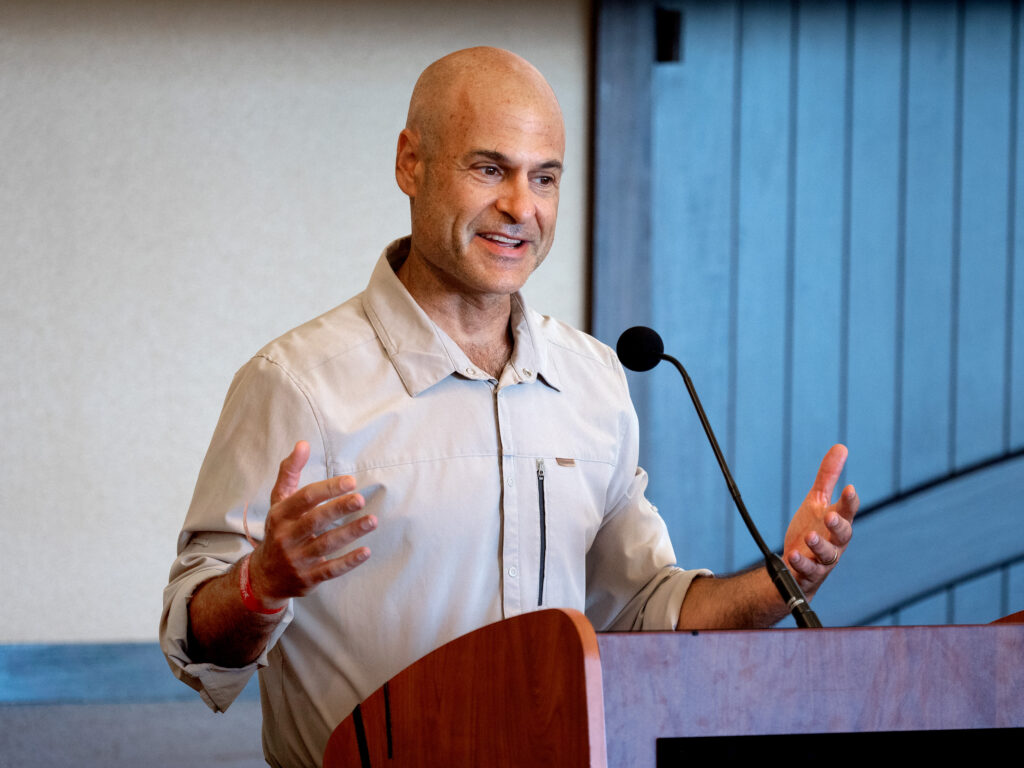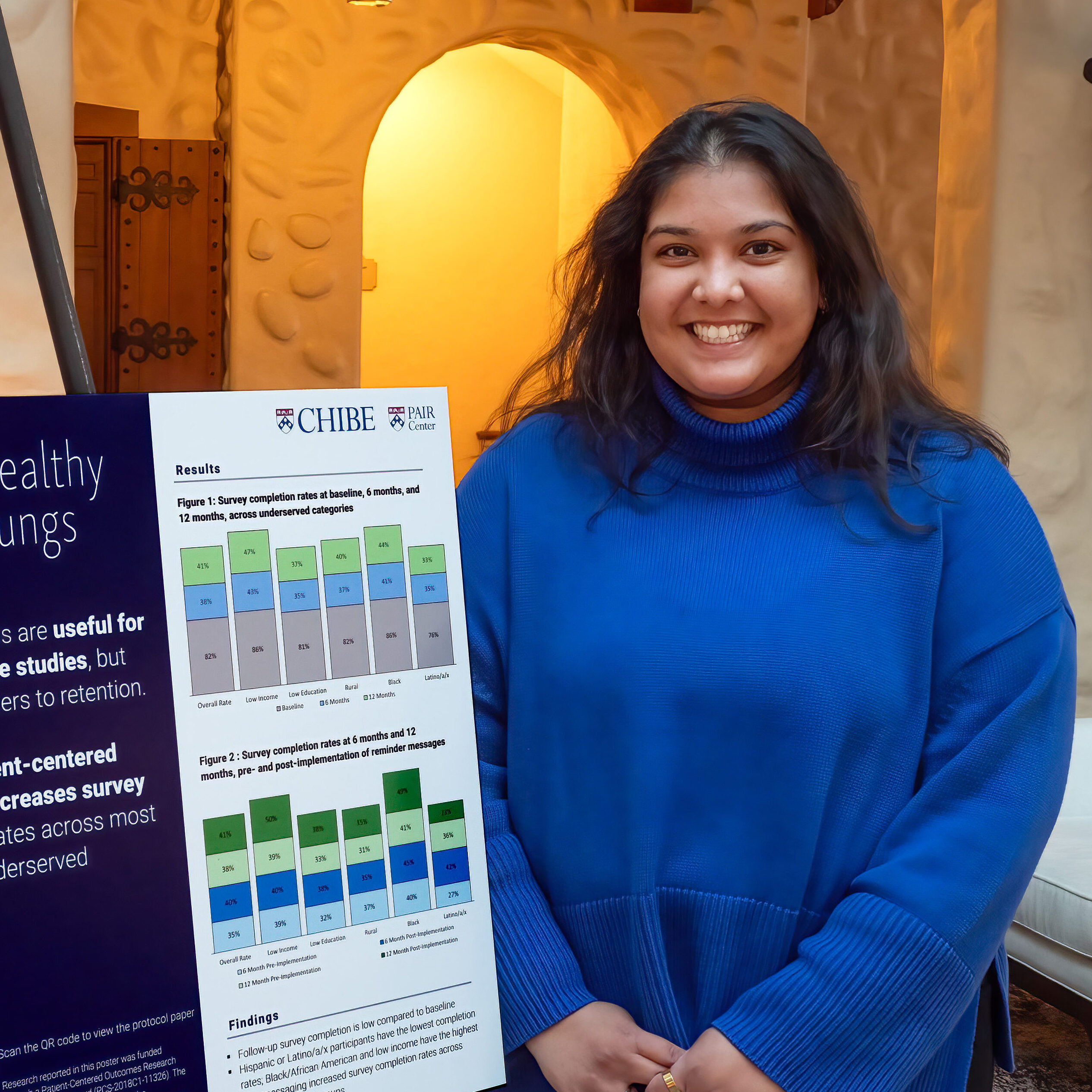About the PAIR Center
Real-world research for the future of serious illness care and clinical training.


Our Story
The Palliative and Advanced Illness Research (PAIR) Center was established in January 2017 by Dr. Scott Halpern with support from the National Institutes of Health (NIH) and other grant sponsors, Penn Medicine, and local philanthropists.
PAIR Center investigators, trainees, and research staff are united by our unwavering desire to improve the delivery of high-value, patient-centered care to seriously ill patients through research that meets the highest standards of scientific rigor. With deep expertise across the social and clinical sciences, an unparalleled research infrastructure equipped to support the most complex projects, and robust partnerships with health systems, clinicians, payers, patients, and their care partners, we are able and excited to tackle the biggest challenges in serious illness care, such as how to get the right care to the right patients at the right time.
Mission
We generate high-quality evidence to advance healthcare policies and practices with the goals of improving the lives of all people affected by serious illness and removing the barriers to health equity that seriously ill patients commonly face.
Vision
I.
We design and evaluate interventions that help patients with serious illnesses and their loved ones spend more of their time pursuing their life goals outside of healthcare settings;
II.
We produce real-world research that enables health system leaders and clinicians to set policies and implement practices that improve patient outcomes and maximize health equity;
III.
Our work guides payers and policy makers in promoting health care services that optimize the quality and equity of care delivery for seriously ill patients.
Cornerstones of the PAIR Center approach
Robust real-world evidence
We fully embrace the principles of a Learning Health System, in which all patient encounters generate knowledge to improve all future patient encounters. We partner with health care systems across the country to conduct large-scale studies of diverse patients in the settings where most receive their care. The volume and representativeness of patients enrolled in our studies promote confidence that our findings apply to patients everywhere.
Stakeholder engagement
At the PAIR Center we care deeply about what we do and, equally importantly, how we do it. Our studies are carefully planned over many months with input from clinicians, scientists, health care system leaders, payers, community groups, patients, and patient care partners. These stakeholders guide us on how to ensure our studies are feasible, accessible by the groups we wish to study, and focused on the issues that matter most to seriously ill patients and their care partners.
Innovative, inclusive methods
PAIR Center investigators are known for using novel study designs, leveraging the power of the electronic health record and other “big data” sources, connecting with patients and families to bring new light to health barriers, and for carefully examining when, where, and why best health care delivery practices are adopted and sustained. We combine complex statistical techniques with common-sense checks on our work, conduct all our studies through a lens of health equity, and routinely test and improve ways to engage and sustain participation in research through inclusive outreach, remote monitoring, fair reimbursements and incentives, and other methods.
Scalable interventions
Our interventions are designed with the goal of scalability from their infancy. We often focus on simple techniques, such as prompts or settings in the electronic health record or messages or incentives provided to patients, that enable our findings to be readily adopted across regions and care settings.
Training the next generation of scholars
Training and education are essential for realizing the PAIR Center’s mission. We therefore build and support many ways to train the next generation of serious illness researchers. Thoughtful mentorship, support from our large team, and many funded post-doctoral training programs (through grants in Critical Care Health Policy Research (NIH), the Penn Patient-Oriented Research and Training to Accelerate Learning (Penn PORTAL; AHRQ and PCORI) and the BETTER Center (American Heart Association), have combined to promote the success of our many PAIR Alumni.
At the same time, recognizing that true change also requires investment further upstream, we have – for more than a decade – been major supporters of several student pathway programs that provide immersive research training and make careers in science and medicine acessible to all students. Read more about these pathway programs through links to the Summer Undergraduate Mentored Research (SUMR) Program, Get Experience in Aging Research – Undergraduate Program (GEAR UP), and the Berkman Summer Internship in Palliative Care.

Take a deeper dive into our research.
To learn more about our projects and how we are making a difference, check out our projects.